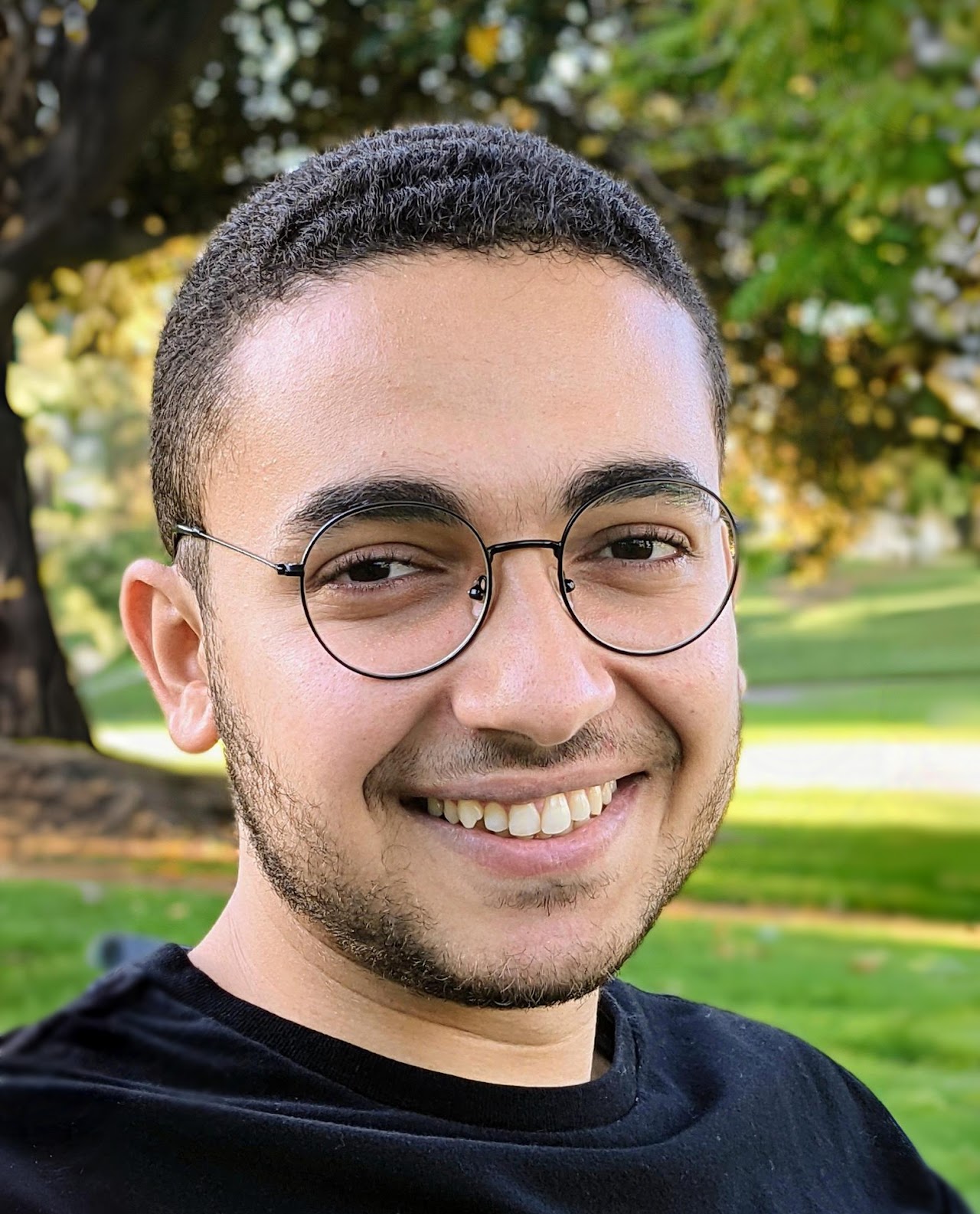
person Mahmoud Abdelgalil
work Postdoctoral Researcher, Electrical and Computer Engineering at UC San Diego
calendar_month September 18, 2025
schedule 11:00 am – 12:00 pm
pin_drop Guggenheim 442
On Some Foundational Issues in Feedback Control
Hosted by AE: https://ae.gatech.edu/event/2025/09/18/ae-seminar-mahmoud-abdelgalil
Abstract
The remarkable success of closed-loop control in mitigating the effect of uncertainty on a system’s performance has undoubtedly enabled much of the technological world around us. Indeed, feedback regulation can be found “under the hood” in the functioning of engines, the workings of biological organisms, interplanetary navigation, GPS tracking, robotics and more. While the mitigation of uncertainty has been at the heart of control theory since its inception, explicit control of uncertainty is a relatively recent development that has garnered much attention. In this, a main object of study is the Liouville (continuity) equation – the PDE governing the evolution of the probability distribution of the state of a dynamical system. While it was widely believed that the basic question of controllability of the Liouville equation had been resolved, it escaped the community’s attention for almost two decades that early investigations on the subject came short of providing a satisfactory answer, even for linear systems. In this talk, we revisit and address this topic and develop a theory for Collective Steering, the endeavor to shepherd an ensemble of dynamical systems between desired configurations using a common feedback law. Our investigation sheds light on a topological obstruction at the heart of the issue that limits the ability to design feedback control laws that are globally continuous with respect to the specifications. Along the way, we touch upon an elegant geometric framework at the intersection of optimal transport, geometric hydrodynamics, and quantum mechanics.
Biography
Mahmoud Abdelgalil is a Postdoctoral Scholar in Electrical and Computer Engineering at the University of California, San Diego. He received his B.Sc. degree in Aerospace and Aeronautical Engineering from Zewail University, Egypt, in 2018, and his M.Sc. and Ph.D. in Mechanical and Aerospace Engineering in 2020 and 2023, respectively, from the University of California, Irvine. He is a recipient of the Holmes fellowship and the Henry Samueli fellowship at the University of California, Irvine, and the awardee of the 2023 ACC Best Student Paper. His interests include geometric control and mechanics, model-free control and optimization, hybrid dynamical systems, and bio-inspired control.